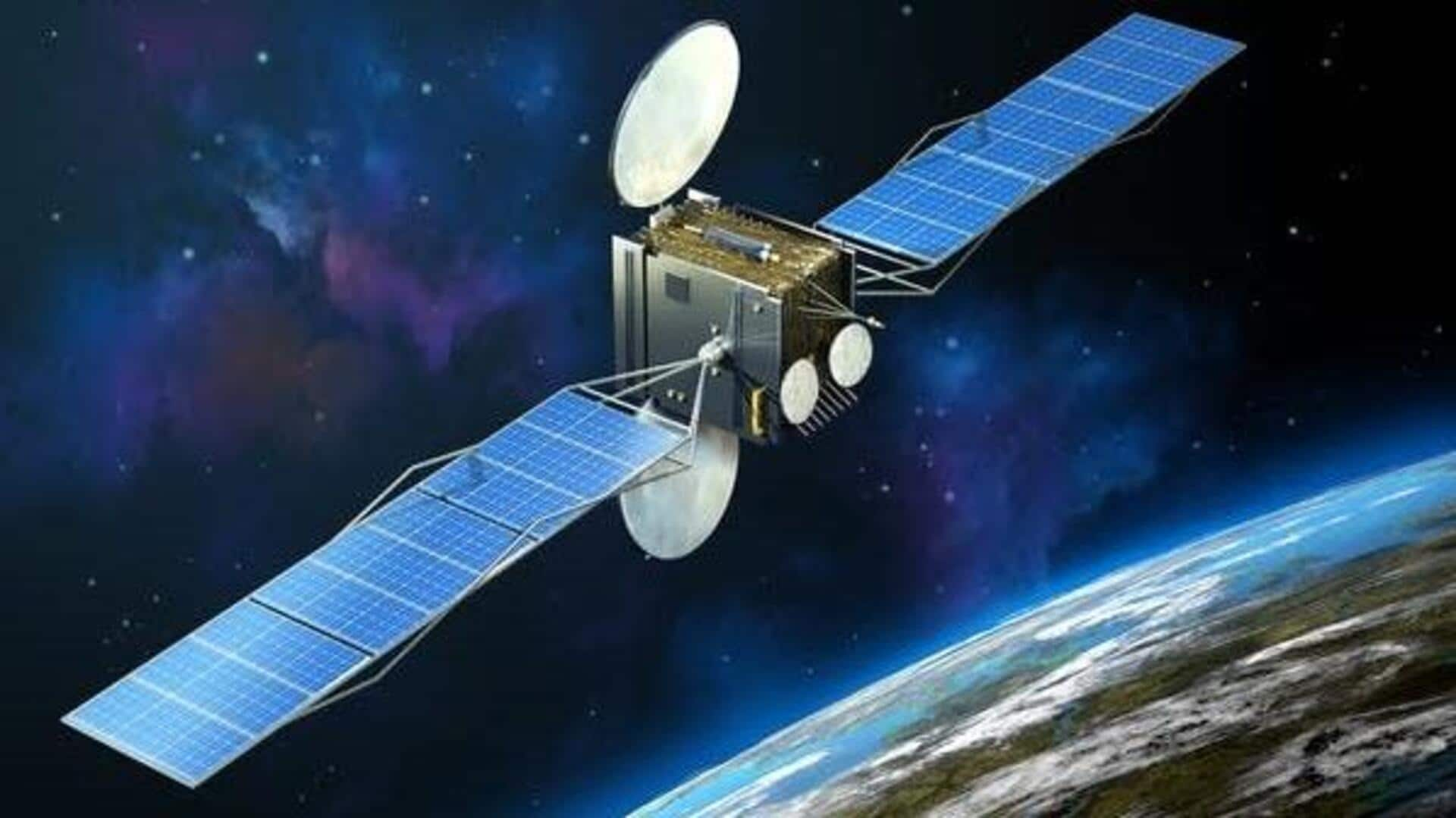
IAF to use Pixxel's satellites for border vigilance by 2025
What's the story
The Indian Air Force (IAF) has contracted Bengaluru-based space start-up Pixxel to enhance its border surveillance capabilities. The company, founded by BITS Pilani alumni Awais Ahmed and Kshitij Khandelwal, aims to deliver the satellites by mid-2025. "We should have that satellite up in space before the end of 2025, but likely we are aiming at mid-2025," said Ahmed in a conversation with PTI.
Satellite operations
Pixxel not involved in operating satellites
Pixxel will manufacture the satellite and hand it over to the IAF for operation. Ahmed clarified that Pixxel will not be involved in operating the satellite, which will primarily focus on border surveillance and detecting illegal activities. "In the case of the Indian Air Force for iDEX, we are not concerned with what the operations are... But we are not going to be operating the satellite," he stated.
iDEX initiative
Contract is part of defense innovation initiative
Pixxel has signed a contract with IAF under Innovations for Defence Excellence (iDEX), an initiative by the Ministry of Defence. The initiative aims to foster innovation and technology development for defense and aerospace. Under the iDEX contract, Pixxel will supply miniaturized multi-payload satellites to IAF, focusing on developing small satellites of up to 150kg for Electro-Optical, Synthetic Aperture Radar, Infrared, and Hyperspectral purposes.
Funding and launches
Pixxel's funding and satellite launch plans
Since its inception in 2019, Pixxel has raised $71 million in funding. This amount is expected to cover the launch of its 24 satellites - six this year and 18 in 2025. "The six satellites, the six Fireflies, we are talking about launching later this year and the Honeybees that we want to launch next year - all of the infrastructure is paid for," Ahmed explained.
Future prospects
Revenue strategy and future space exploration
Pixxel plans to generate revenue from the six satellites to sustain its operations in the coming years. "The investment will be for accelerating and not surviving, which is a little different in space," Ahmed said. Additionally, Pixxel aims to explore the cis-lunar space — the region between the Earth and the Moon's orbit — by placing satellites there to study asteroids for mineral and other precious resources, that could be used for future space settlements.